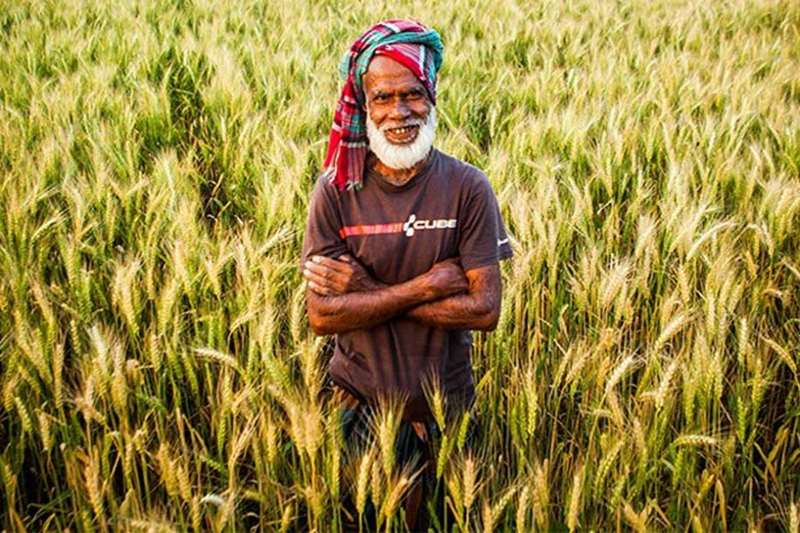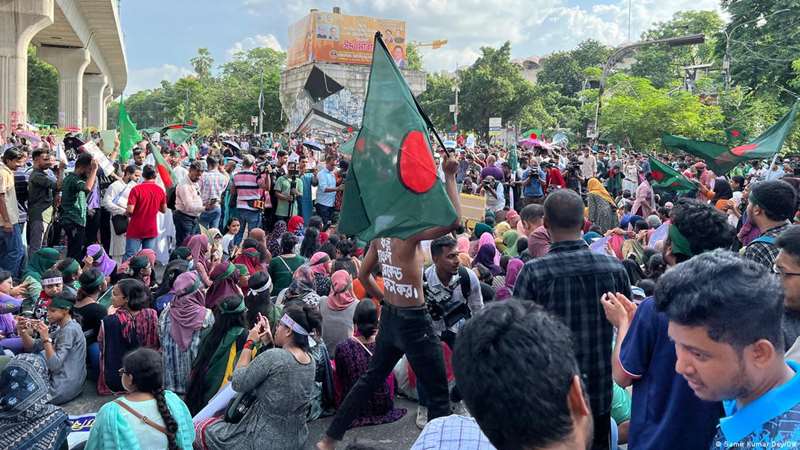Bangladesh Advances Agriculture & Climate Resilience

Agricultural Development Strategy
The Bangladesh government has unveiled a comprehensive plan to drive agricultural development and enhance climate resilience over the next three years. With an allocation of Tk 385 billion, the strategy aims to achieve an average annual growth rate of 10% in the agricultural sector by the fiscal year 2025-26. This report analyzes the key components of Bangladesh's agricultural development plan and its initiatives to address climate change impacts.
Agricultural Development Strategy
Investment in Agriculture: The government's investment underscores the pivotal role of agriculture in achieving food security and equitable economic growth. Despite a diminishing share in GDP, agriculture remains crucial for rural livelihoods.
Boosting Food Production: Strategies include developing high-yield and adversity-tolerant crop varieties, expanding mechanization and irrigation, and improving access to affordable inputs like seeds and fertilizers.
Technology Integration: The policy document emphasizes modernizing agriculture through technology, such as increasing surface water use for irrigation, incorporating renewable energy solutions, and employing remote sensing for crop monitoring.
Support Measures: The government provides subsidies, financial incentives, and technological innovations to foster a sustainable and self-reliant agricultural framework.
Fisheries and Livestock Contributions: Significant contributions from these sub-sectors not only bolster GDP but also provide essential protein sources and livelihoods for a substantial portion of the population. Achievements include self-sufficiency in fish, meat, and egg production.
Climate Resilience Initiatives
Mujib Climate Prosperity Plan: In response to projected economic losses due to climate change, the government has prioritized strategies to enhance resilience and stability against climate-related disruptions.
Water Resource Management: Initiatives focus on improving surface water availability through water body excavation and coastal afforestation to secure equitable water shares from transboundary rivers.
Livestock and Fisheries Development: The Ministry of Livestock and Fisheries is launching projects to enhance production capacities, adopt advanced management technologies, and improve conservation efforts, particularly for young hilsa fish.
Conclusion
Bangladesh's agricultural development strategy, coupled with climate resilience initiatives, reflects a proactive approach to addressing the challenges posed by climate change while fostering sustainable economic growth. Through investment in technology, infrastructure, and policy measures, Bangladesh aims to safeguard and advance its agricultural heritage, ensuring food security and livelihoods for its population amidst evolving global challenges.
References
'Medium Term Macroeconomic Policy Statement (2023-24 to 2025-26)'
Reports from UNB and other reputable sources.









.jpg)
পাঠকের মন্তব্য